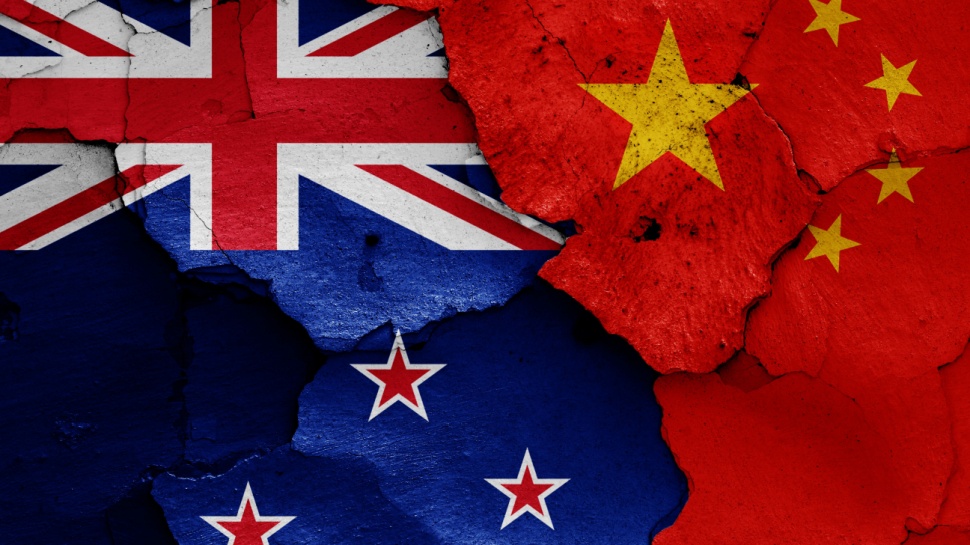New Zealand has joined the UK in accusing China of sponsoring hacking groups in their attempts to steal sensitive information from western nations.
The country’s government has pointed the finger at a group tracked as APT40, which has been linked to a breach of the Parliamentary Counsel Office and the Parliamentary Service in 2021, around the same time that the UK suffered a similar attack .
The United States has charged several people linked to a hacking operation that has been ongoing for 14 years and may have affected millions of Americans.
Western condemnation of Beijing-backed hacking scandals
In an announcement of the attack suffered by the New Zealand parliamentary organizations, attorney-general and minister of defense Judith Collins said that the security services had “completed a robust technical assessment following a compromise of the Parliamentary Counsel Office and the Parliamentary Service in 2021, and has attributed this activity to a PRC state-sponsored group known as APT40.”
Collins continued, stating that New Zealand’s Government Communications Security Bureau (GCSB) and National Cyber Security Center (NCSC), “worked with the impacted organizations to contain the activity and remove the actor shortly after they were able to access the network.”
Australia backed up New Zealand’s criticism of China’s involvement in a number of cyberattacks that have targeted western national security, with home affairs minister Claire O’Neill and foreign minister Penny Wong sharing their “serious concerns about malicious cyber activities by China state-backed actors targeting UK democratic institutions and parliamentarians.”
Speaking on the recent spate of accusations against Beijing’s sponsorship of hacking attempts, Don Smith, VP Threat Intelligence, Secureworks Counter Threat Unit (CTU), said, “Chinese state-sponsored cyber espionage is not a new threat. The UK and the US have been calling out these covert operations for several years now. The purpose of cyber espionage from China’s point of view, is to access information that will advance the People’s Republic of China agenda.”
“Over the past couple of years, tired of having their operations rumbled and publicly outed, the Chinese have placed a growing emphasis on stealthy tradecraft in cyber espionage attacks. This is a change in MO from its previous ‘smash and grab’ reputation but it is viewed by the Chinese as a necessary evolution to one, make it harder to get caught and two, make it nearly impossible to attribute an attack to them,” Smith continued.
“Specifically, this has manifested itself in four key areas: Obfuscated networks; Living on the Edge; Living off the Land and Living in the Cloud. Combined these tactics make identification of malicious activity harder, but more importantly make attribution more complicated.”
Via The Register
More from TechRadar Pro






















+ There are no comments
Add yours